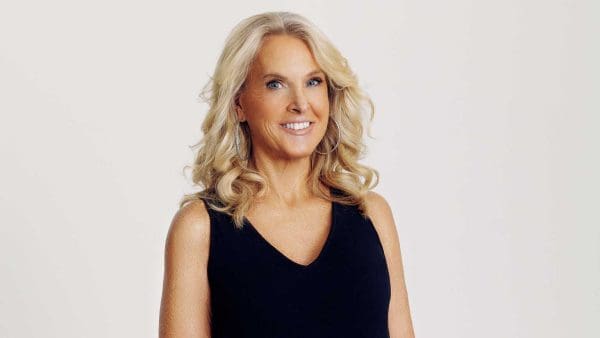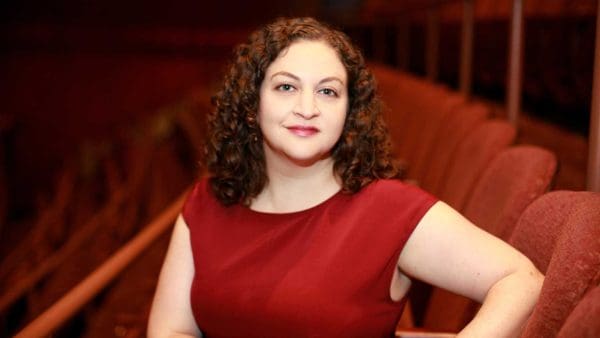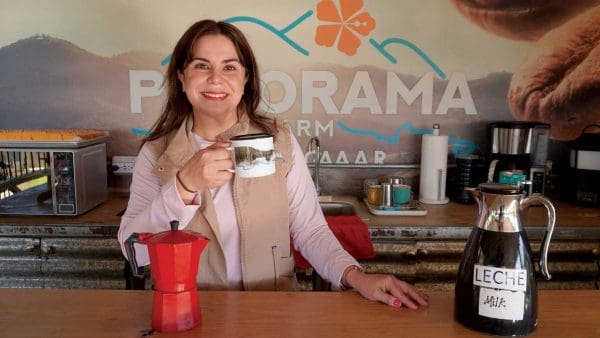Teri Weiss ’89 is a television executive who helped put Dora the Explorer on the map. So it’s no surprise that TV was a big part of her childhood universe.
“My mother told me that when I was a little kid, I used to recite commercials in the bathtub,” recalls Weiss. “I used to sing jingles.”
Watching cartoons and sitcoms was the foundation for Weiss’ dazzling career in children’s television, which began as a producer on shows such as Sesame Street and Where in the World Is Carmen Sandiego? A move to Nickelodeon saw Weiss rise over 16 years to become executive vice president, preschool original programming, during which she launched some of the network’s biggest hits, including Blaze and the Monster Machines, Paw Patrol, The Fresh Beat Band, Wallykazam!, as well as Dora the Explorer, and its sequel, Dora and Friends.
Today, Weiss is senior vice president, head of preschool at DreamWorks Animation Television. She calls DreamWorks “an environment of best-in-class animation and storytelling, where projects have an incredible cinematic quality.” Weiss says projects must work across “formats that feel relevant to the way young kids consume content. Every pitch is a new conversation about how to be a breakthrough, based on how that platform serves kids. We’re at the forefront of what TV looks like for kids today, and in the future.”
Johns Hopkins did not offer a major in television when Weiss attended as an international studies major, but she gravitated to the media classes offered during her undergraduate years. “Those classes were incredibly tactile,” she recalls. “I have vivid memories of being in a room with audio tape and a razor blade. There is something really valuable about having had to touch film and splice it with my own fingers.”
Those experiences did more than give Weiss a heightened sophistication about the technical aspects of media production. “You become a problem solver,” she says. “You see how creative solutions can lead to something unexpected and better than if you had planned it out. Those courses shaped who I am as a producer today.”
Weiss says great stories are the foundation of successful children’s television. “I’m always drawn to that authentic voice that comes from a writer, artist, or a musician,” she says. “The depth of character in the story.”
Research is another key element in achieving success in the medium. Kids are often shown early work on concepts and art. “It’s about being honest with yourself about the work,” she says. “Making sure that the content you’re creating is appealing to the group you’re making it for.”
The feedback often boasts astonishing clarity. “The beautiful thing about making shows for preschoolers is that they are brutally honest,” says Weiss, “about everything that they like and don’t like about what you are showing them.”
Weiss is especially proud of plucky Dora’s effect on popular culture. “It was revolutionary,” she says. “For those of us watching it at firsthand, it was quite extraordinary. Dora represents everything that we’re challenged with right now. She represents what it means to be diverse. What it means to be a girl. What it means to be bilingual. What it means to have a voice.”
Weiss sees the latter point as crucial. “There are some kids for whom Dora is the first person who asked them what they thought about anything,” she says. “This idea of a kid feeling like what they think matters. It’s even more profound today. Every voice matters.”




